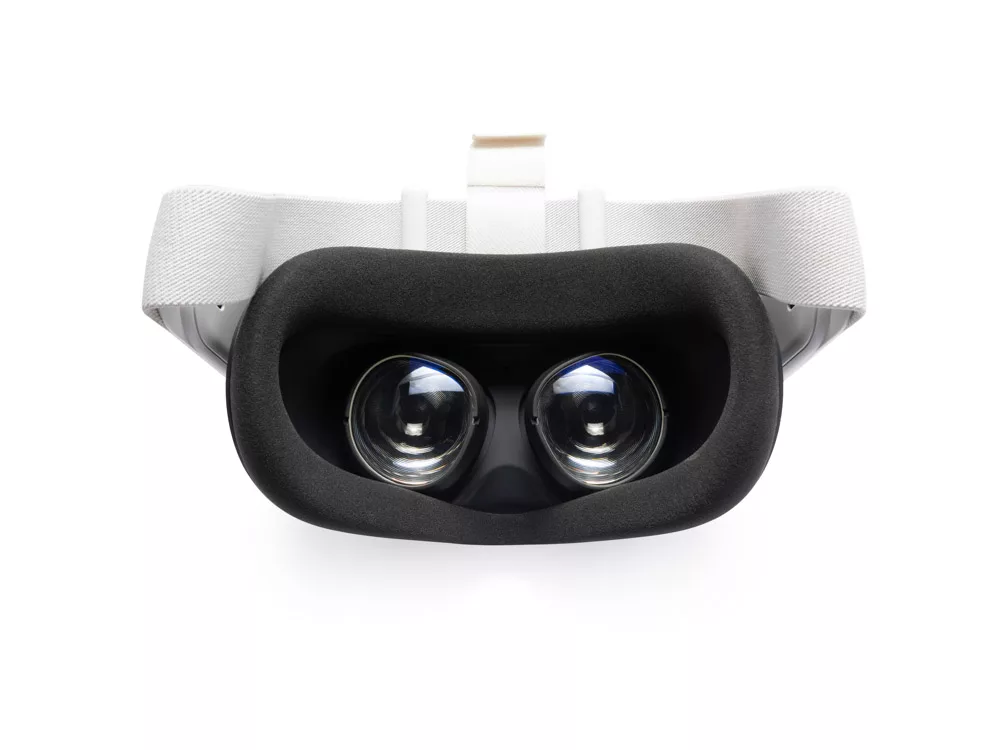
Good vision is essential for our daily activities, from reading to driving to enjoying the beauty of the world around us. While some people are blessed with perfect vision, many others rely on prescription lenses to see clearly. Prescription lenses, whether in the form of eyeglasses or contact lenses, play a crucial role in correcting various vision problems and enhancing overall visual acuity. Let's explore the power of prescription lenses in improving and maintaining good eyesight.
One of the key features of Quest 3 prescription lenses is their advanced technology that ensures a precise and accurate prescription, resulting in improved vision for the wearer. These lenses are created using state-of-the-art digital mapping and cutting-edge manufacturing techniques, allowing for a level of precision that traditional lenses cannot match.
The Importance of Prescription Lenses
Correcting Vision Problems
- Prescription lenses are tailored to address specific vision issues, such as nearsightedness (myopia), farsightedness (hyperopia), astigmatism, and presbyopia.
- By wearing prescription lenses, individuals can see more clearly at various distances and reduce eye strain and fatigue.
Protecting Eye Health
- Prescription lenses can help protect the eyes from harmful UV rays, dust, and other environmental irritants.
- They can also prevent squinting and straining, which can lead to headaches and other discomfort.
Types of Prescription Lenses
Eyeglasses
- Traditional eyeglasses consist of lenses mounted in a frame that rests on the nose and ears.
- They come in various styles, shapes, and materials to suit individual preferences and vision needs.
Contact Lenses
- Contact lenses are thin, curved disks that are placed directly on the surface of the eye.
- They provide a wider field of vision and eliminate the distortion that can occur with eyeglass lenses.
Choosing the Right Prescription Lenses
Comprehensive Eye Exam
- Before getting prescription lenses, it is important to undergo a comprehensive eye exam by an optometrist or ophthalmologist.
- The eye exam will determine the type and degree of vision correction needed for optimal visual acuity.
Eyeglass Frame Selection
- When choosing eyeglasses, consider factors such as face shape, skin tone, lifestyle, and personal style preferences.
- The frame should adequately support the lenses and provide a comfortable fit for extended wear.
Contact Lens Fitting
- For contact lenses, a proper fitting by an eye care professional is essential to ensure a good fit and comfortable wear.
- Follow the recommended wearing schedule and care instructions to maintain healthy eyes while using contact lenses.
Caring for Your Prescription Lenses
Cleaning and Maintenance
- Regularly clean your prescription lenses with a gentle lens cleaner and a microfiber cloth to remove dirt, oil, and debris.
- Store your eyeglasses or contact lenses in a clean case when not in use to prevent scratches and damage.
UV Protection
- Choose prescription lenses that offer UV protection to shield your eyes from the sun's harmful rays.
- Wear sunglasses with UV-blocking lenses when outdoors to further protect your eyes from UV damage.
Conclusion
Prescription lenses are invaluable tools for correcting vision problems, enhancing visual clarity, and safeguarding eye health. Whether you opt for eyeglasses or contact lenses, choosing the right prescription lenses and caring for them properly can make a significant difference in your overall visual experience. Remember, seeing is believing, and with the right prescription lenses, you can enjoy clear, crisp vision for years to come.
Share this post: on Facebook on Google+